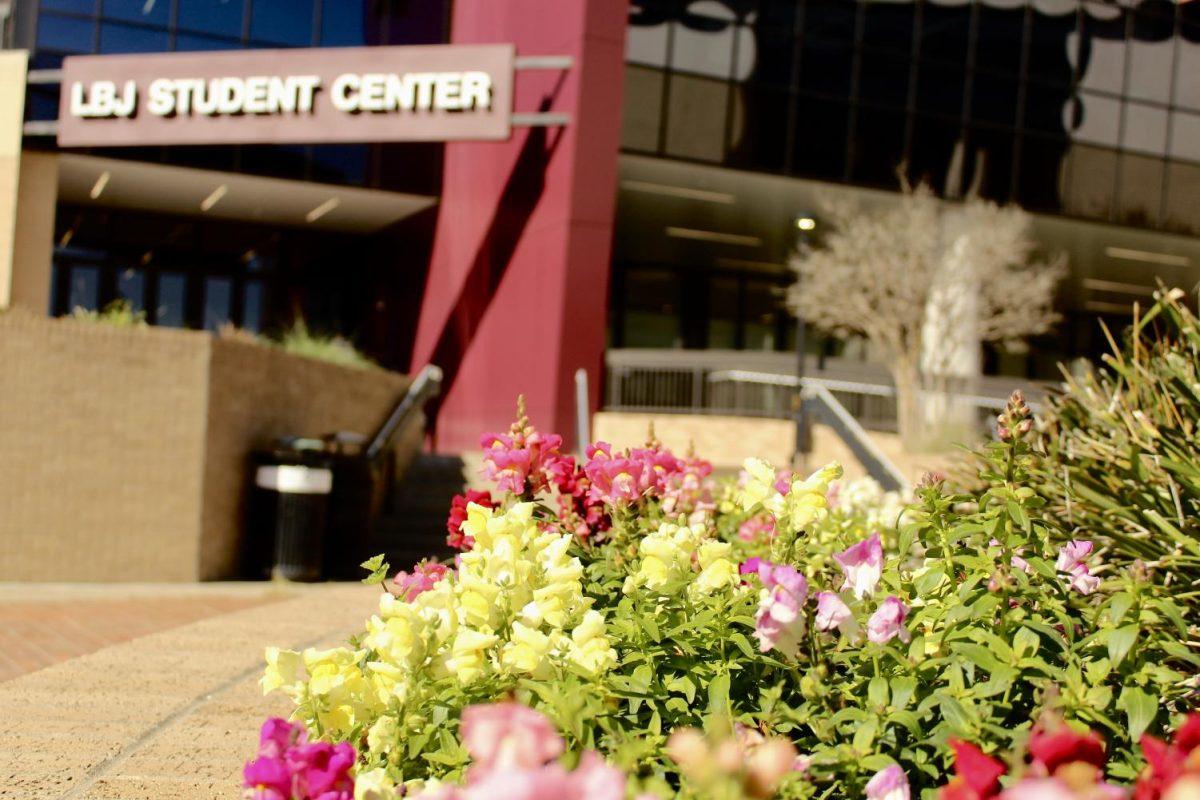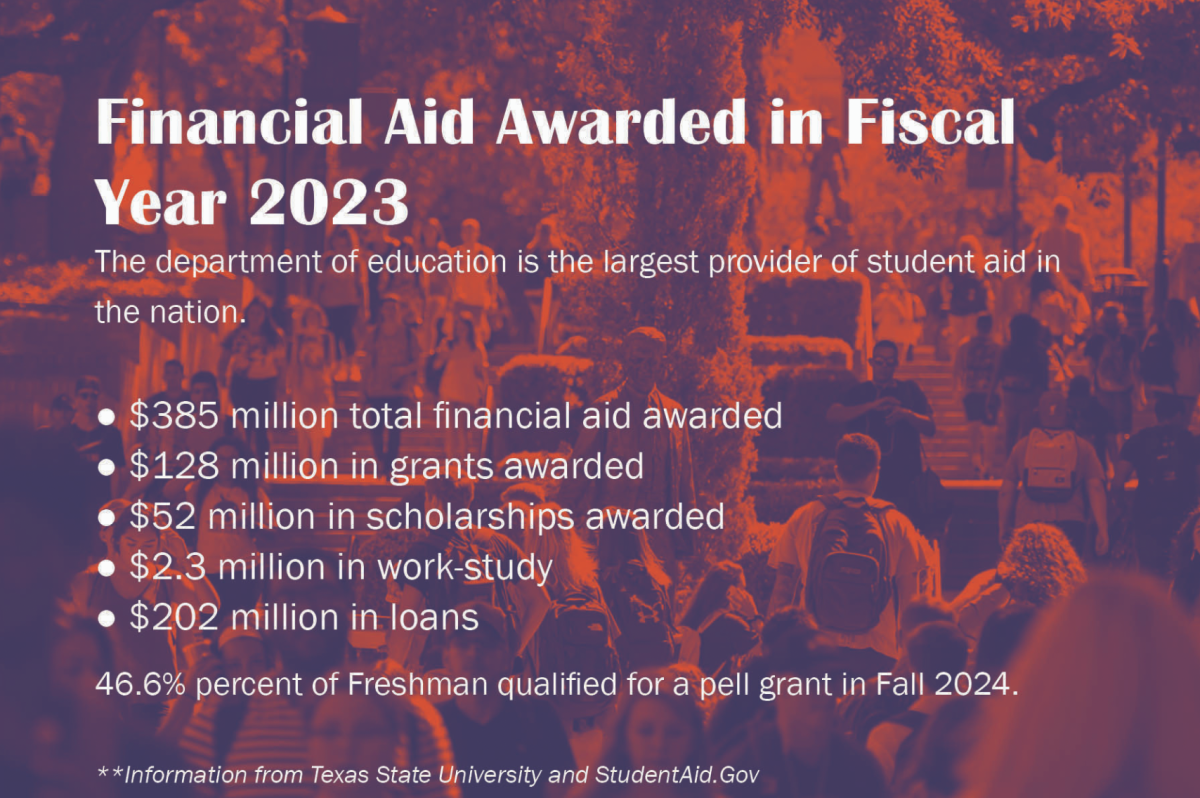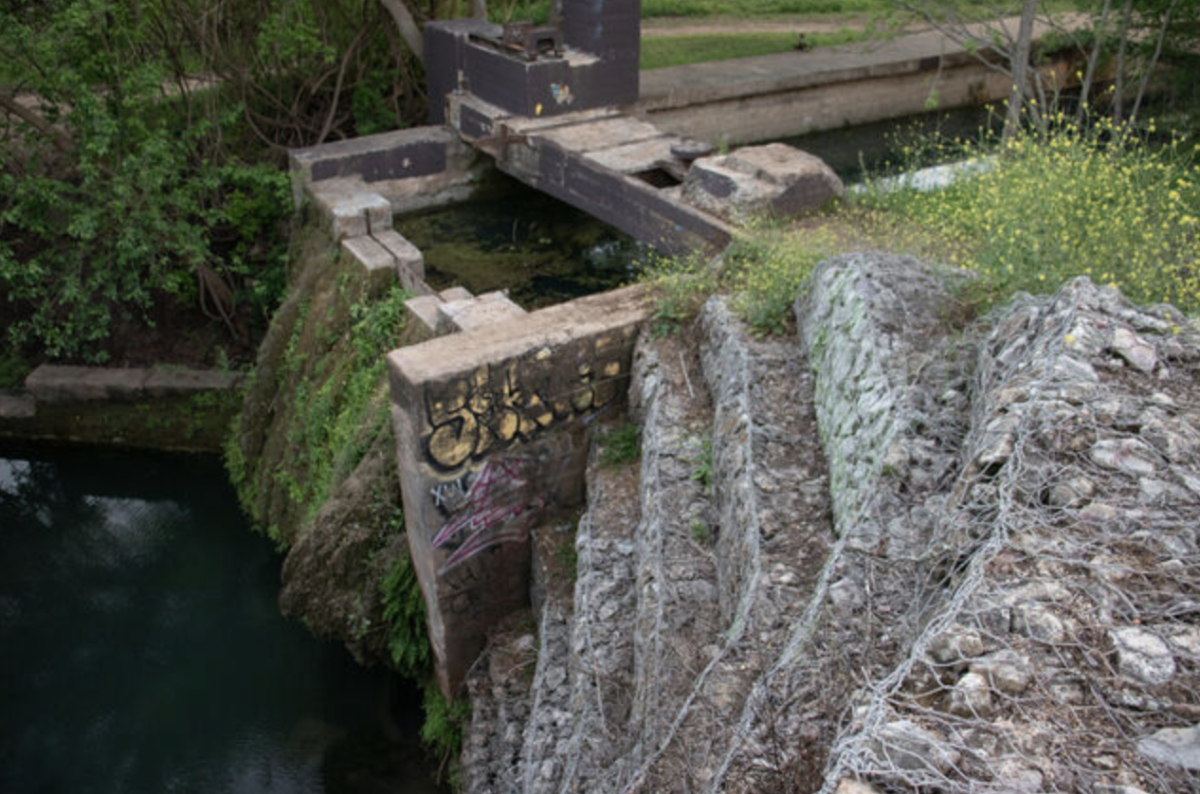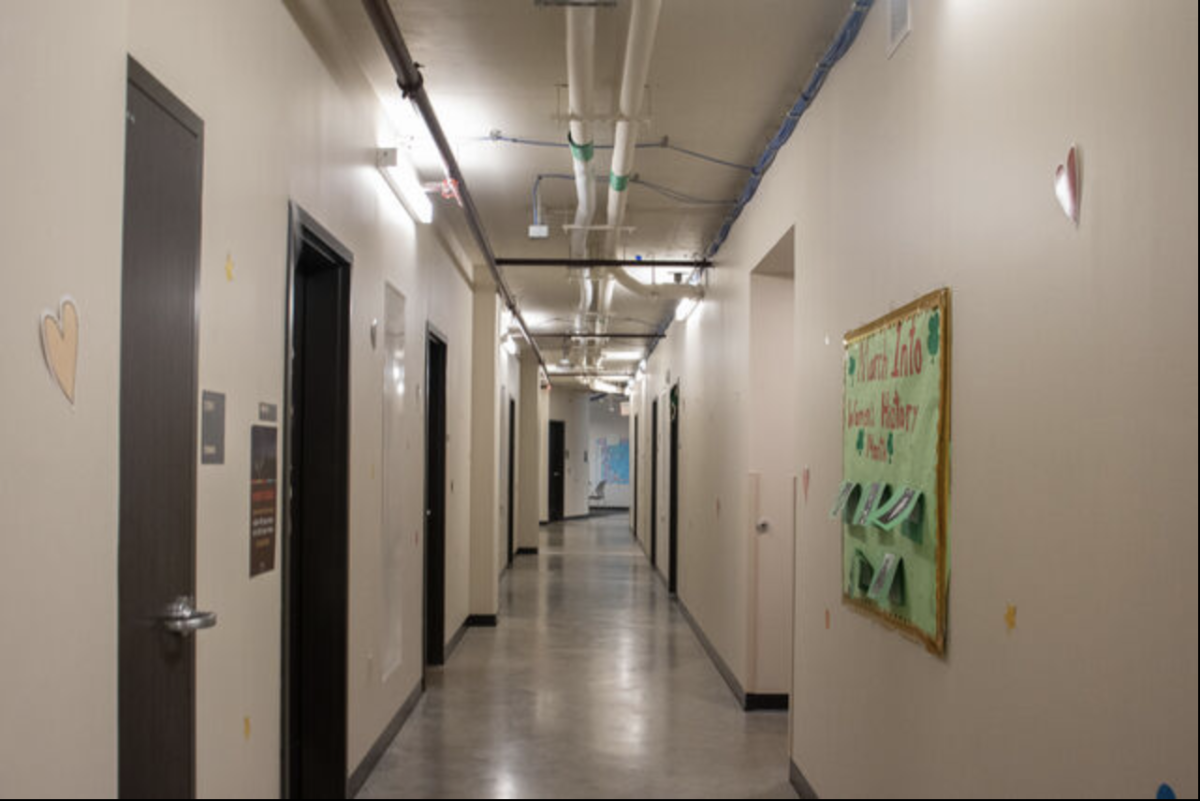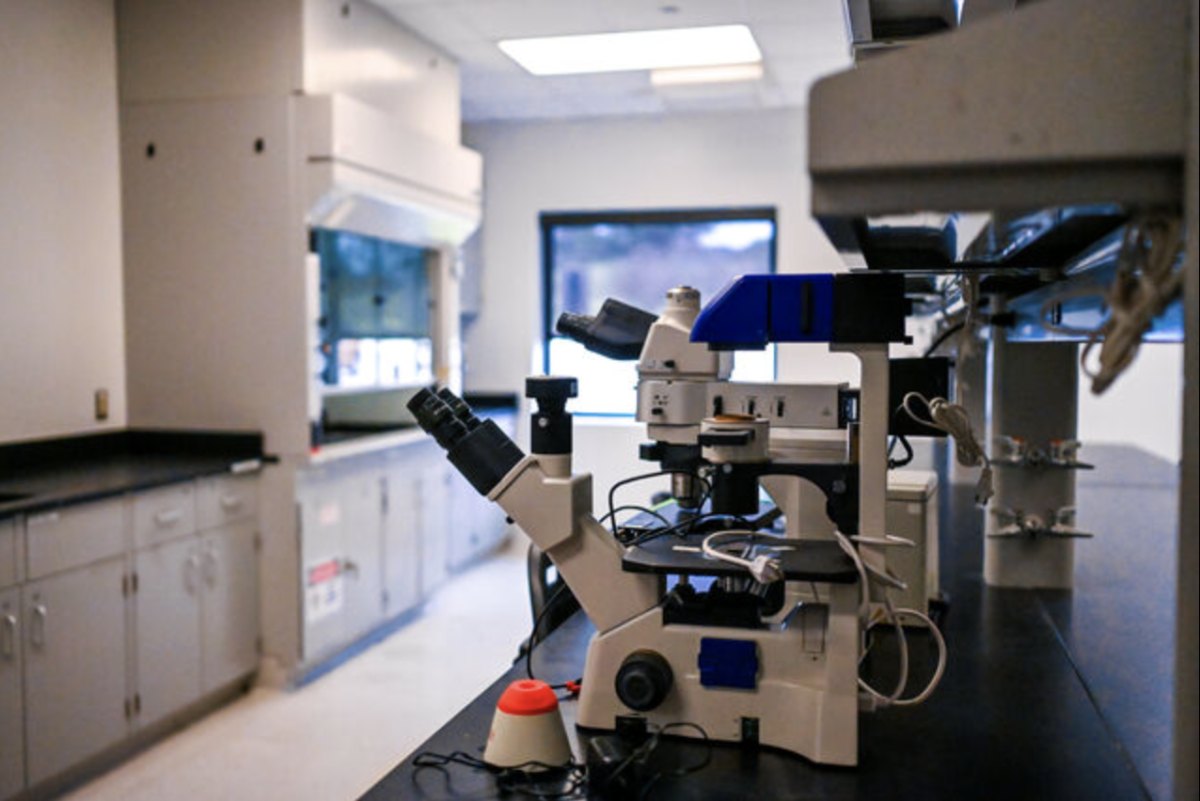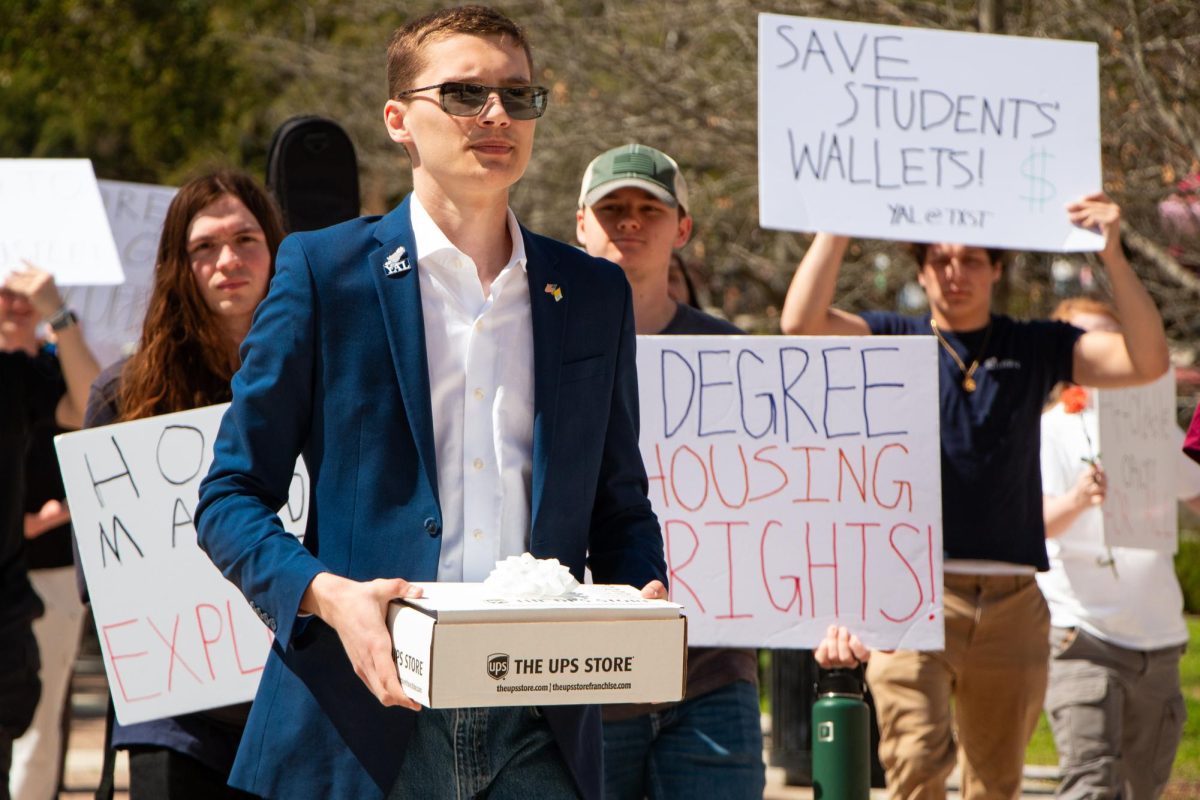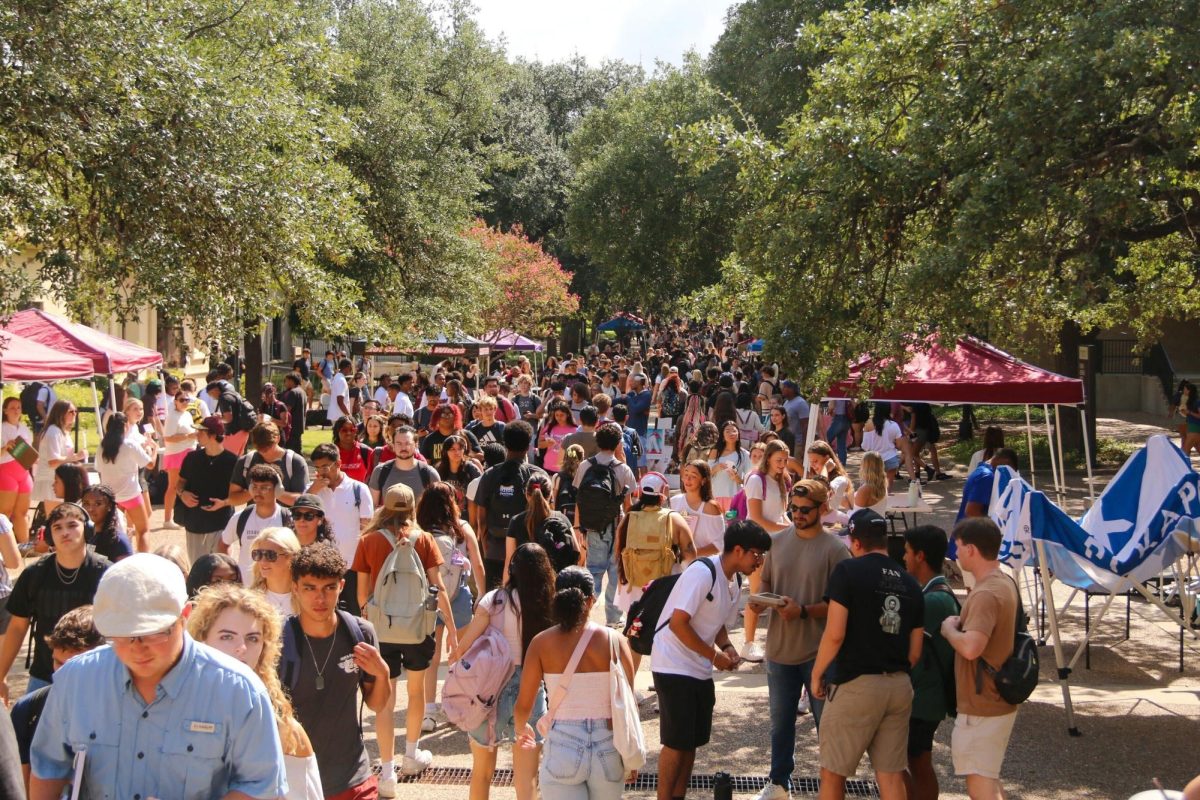Texas State’s Office of Sustainability aims to create a more eco-friendly community on campus by focusing on the importance of non-paper recycling methods.
Office of Sustainability intern Emma Parsley, engineering technology senior, said the office is currently working on a Bin Pairing Project, which insures each trash bin on campus is paired with a recycling bin.
Parsley said the project focuses on the importance of recycling in order to make the actual process of recycling materials more sustainable.
“The meaning of (the project) is to expand recycling on campus while educating students on the importance of it and how to to do it correctly; not all plastics are treated the same,” Parsley said. “Our recycling department at Texas State is very manual intensive, so we want students to give them respect and make their job a little easier.”
Other than the Bin Pairing Project, Bobcats Give Back is the office’s main benefaction involving the City of San Marcos. During May, they facilitate two locations on campus where students can drop off gently used clothes, bedding and nonperishable food for shelters around the city.
“Bobcats Give Back is our main contribution (to the city). The city has an outlet to provide goods to people that need shelter and we are kind of the collectors,” Parsley said.
An environmental organization that the office acknowledges is Bobcat Blend, where Chartwells—Texas State’s food provider—both work together in collecting consumer waste to create their own compost.
Office of Sustainability Director Jim Vollrath said the university administration recognized the need to focus on sustainability and subsequently started the graduate program and office for it.
Vollrath said the office focused on filling out a report for the Association for the Advancement of Sustainability in Higher Education, an organization aiming to influence universities to incorporate more sustainable practices. The report serves as a summary of sustainability efforts from college campuses.
“Part of what we focused on this past year is called an AASHE STARS report, which is a nation-wide association that has a report card that surveys different opportunities or items (on) campuses, specifically higher education campuses,” Vollrath said. “There’s a lot of great independent committees, departments and students that do sustainable efforts here, but they don’t always work with each other and no one’s telling the whole story.”
AASHE has yet to provide a rating for Texas State on their STARS website. The report is currently in the review stage, and will soon provide a bronze, silver or gold medal rating for the university, according to Vollrath.
Garcia said sustainability on campus is much easier than students think, and if they have questions or concerns on how to get involved they can go straight to the office.
“The office has been established to educate everyone on campus (about) sustainability and environmental initiatives while helping people understand sustainability is easier than they think,” Garcia said. “It’s our goal to help people realize this and if they ever have any questions or concerns about any kind of environmental aspect, let the noise come to us.”
Parsley said Texas State is more than just a campus, and there is a significant need to take care of it to improve its community and environment.
“At the end of the day this is everyone’s campus. This is where we all work, and some people even live here, so it’s our shared space, and it’s kind of like our home. We need to protect it. We need to take care of it,” Parsley said.
For more information on the Office of Sustainability visit sustainability.txstate.edu or on campus at the Central Plant.
Categories:
Texas State takes green initiative
February 18, 2020
Texas State has created an Office of Sustainability in hopes to create a more eco-friendly community on campus. The office is meant to lead all campus organizations that focus on helping the environment and community in San Marcos.
0
Donate to The University Star
Your donation will support the student journalists of Texas State University. Your contribution will allow us to purchase equipment and cover our annual website hosting costs.
More to Discover



